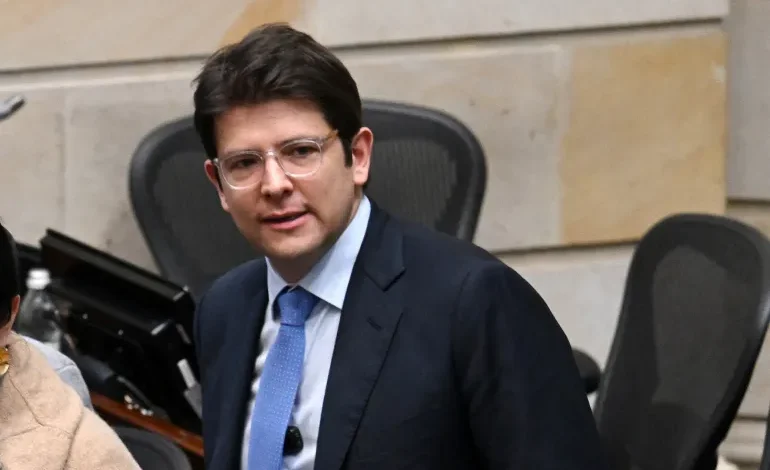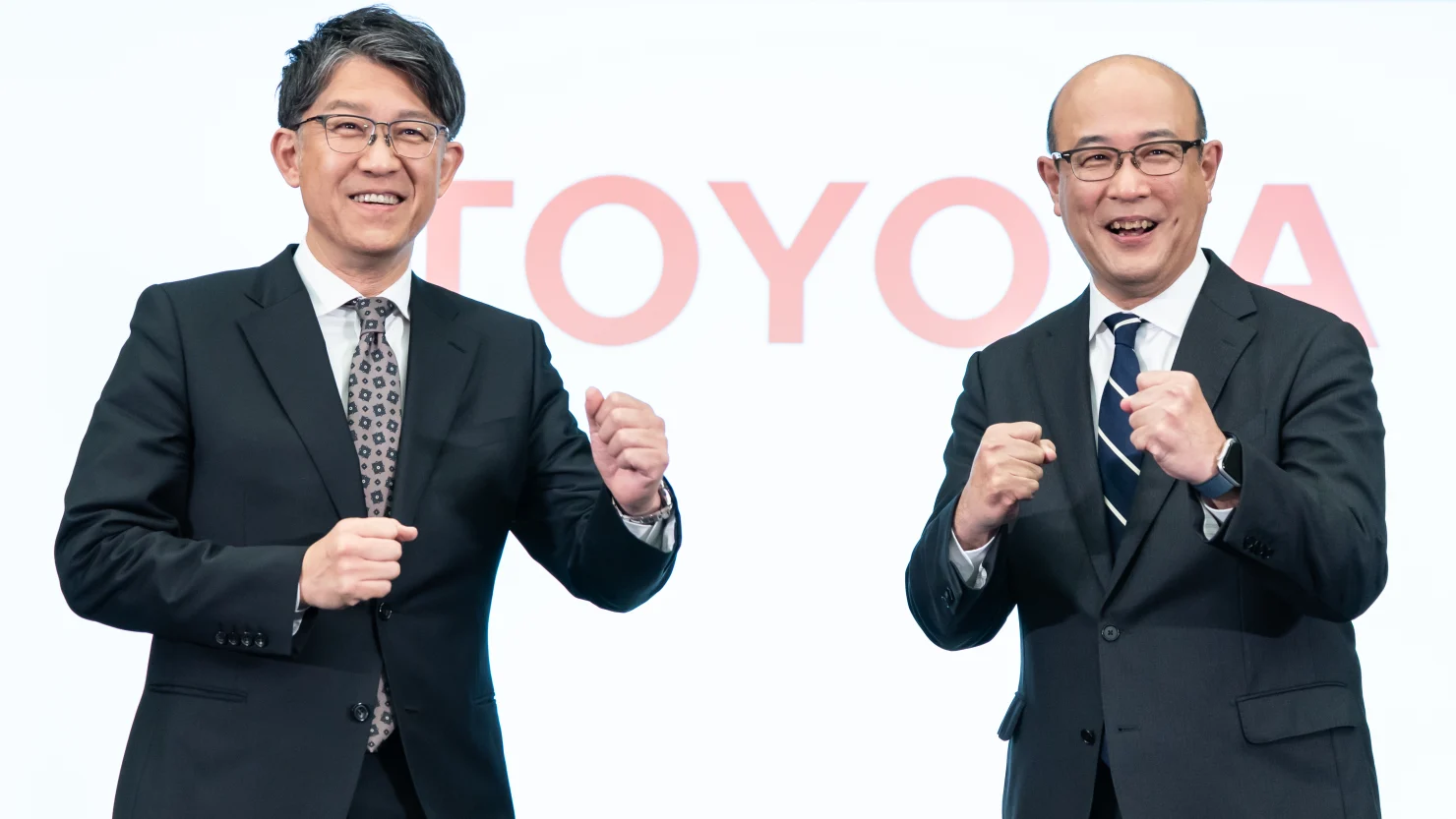Colombian Senator Miguel Uribe in Critical Condition Following Campaign Shooting

Colombian Senator Miguel Uribe Turbay remains in critical condition following emergency brain surgery, more than a week after being shot in the head during a campaign rally in Bogotá — an attack that has raised fears of a resurgence in political violence across the country.
The Santa Fe Foundation hospital in Bogotá said on Monday that the 39-year-old underwent a second, “complementary” neurological operation after imaging revealed an acute brain bleed. Doctors said brain swelling and internal bleeding remain difficult to control, despite the procedure, and Uribe’s condition is still considered extremely serious.
Uribe, a rising figure in Colombia’s right-wing Democratic Centre party and a potential 2026 presidential candidate, was shot twice in the head on June 7 while addressing supporters. The assassination attempt, captured on video, triggered alarm in a country still haunted by the violent political turmoil of the 1980s and 1990s — an era marked by the killings of presidential candidates and the dominance of drug cartels and armed insurgents.
Authorities have arrested three suspects in connection with the shooting, including a 15-year-old boy accused of being the gunman. The teenager has pleaded not guilty to charges of attempted murder and illegal possession of a firearm. Colombian police believe he was acting as a “sicario” — a contract killer paid to carry out the attack.
Two adults, including Carlos Eduardo Mora, are also in custody. Prosecutors allege Mora helped plan the shooting, provided the weapon, and was inside the vehicle where the teenage suspect changed clothes after fleeing the scene.
Uribe comes from one of Colombia’s most prominent political families. His grandfather, Julio César Turbay, served as president from 1978 to 1982, while his mother, journalist Diana Turbay, was kidnapped and later killed during a failed rescue mission in 1991 while being held by a group aligned with drug lord Pablo Escobar.
While the main dissident faction of the Revolutionary Armed Forces of Colombia (FARC) denied involvement in the attack on Uribe, it did claim responsibility for several unrelated bombings in southwestern Colombia last week.
That same region has seen a spike in violence, with a wave of attacks leaving at least seven dead. Explosions and gunfire targeted police stations and municipal buildings in the cities of Cali, Corinto, El Bordo, and Jamundí — including the use of car bombs, motorcycles, and drones.
The Colombian government has struggled to contain the resurgence of armed violence in both urban and rural areas, as several rebel and criminal groups vie for control of territory left behind after the FARC’s 2016 peace deal. Peace talks between the government and the FARC-EMC dissident faction collapsed last year following attacks on Indigenous communities.
With input from Al Jazeera









The latest news in your social feeds
Subscribe to our social media platforms to stay tuned